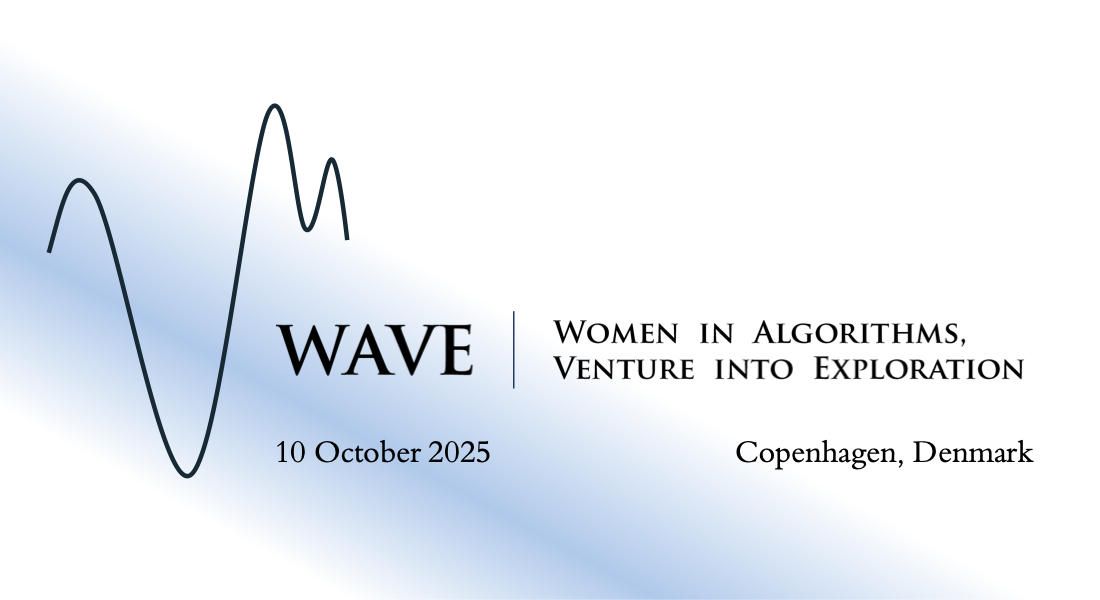Register before 2 October 2025
We invite you to attend the upcoming WAVE (Women in Algorithms, Venture into Exploration) workshop at the University of Copenhagen on October 10th, 2025.
The event will feature technical talks and personal reflections in Theoretical Computer Science (TCS), presented by female researchers, as a way to celebrate the 150th anniversary of women’s access to the University of Copenhagen. The event will also include a panel discussion on current challenges in TCS, with a special emphasis on the difficulties faced by early-career female researchers and diversity issues. Both female and male panelists will be included, as any potential solutions require efforts from all genders in the field.
The workshop will be hosted by the BARC research center and is free to attend, though registration is required by October 2nd, 2025. While we are unable to provide travel support for participants, international attendees are warmly welcomed, both for the workshop and to experience the beautiful city of Copenhagen. Importantly, participants of all genders are encouraged to attend, as all topics discussed are relevant to everyone in the field.
We acknowledge the support from BARC (Basic Algorithms Research Copenhagen), the VILLUM Foundation and the University of Copenhagen.
Confirmed speakers:
- Ioana-Oriana Bercea, Assistant Professor at KTH Royal Institute of Technology, Sweden
- Therese Graversen, Associate Professor at IT University of Copenhagen, Denmark
- Xiao Hu, Assistant Professor at University of Waterloo, Canada
- Meena Mahajan, Professor at Institute of Mathematical Sciences, India.
Confirmed panelists:
- Mikkel Abrahamsen, Associate Professor at University of Copenhagen, Denmark
- Ioana O. Bercea, Assistant Professor at KTH Royal Institute of Technology, Sweden
- Therese Graversen, Associate Professor at IT University of Copenhagen, Denmark
- Boel Nelson, Assistant Professor at University of Copenhagen, Denmark
- Madhu Sudan, Professor at Harvard University, US
It will be a full day event with technical talks as well as a panel discussion including coffee breaks, lunch and a networking session at the end. The titles of the talks will be announced soon.
| Time | Activity |
|---|---|
| 10:00-10:30 | Arrival and light breakfast |
| 10:30-10:45 | Welcome by the WAVE Organizing Committee |
| 10:45-11:20 | Professor Meena Mahajan, Institute of Mathematical Sciences, India Title of talk: Games, Strategies, and the Complexity of Proofs |
| 11:25-12:00 | Associate Professor Therese Graversen, IT University of Copenhagen, Denmark
Title of talk: Pushing the boundaries for forensic DNA interpretation |
| 12:00-13:15 | Lunch |
| 13:15-13:50 | Assistant Professor Ioana-Oriana Bercea, Royal Institute of Technology, Sweden Title of talk: Dictionaries et. al. |
| 13:55-14:30 | Assistant Professor Xiao Hu, University of Waterloo, Canada
Title of talk: The Algorithmist's Query: A Journey Through the Heart of Database Theory |
| 14:30-15:00 | Coffee break with cake |
| 15:00-16:00 | Panel Discussion "A future in research?" |
| 16:00-17:00 | Networking, drinks and snacks |
Professor Meena Mahajan, Institute of Mathematical Sciences, India
10:45 – 11:20
Title: Games, Strategies, and the Complexity of Proofs
Abstract: There is a simple two-player evaluation game that captures the ease and the difficulty of computations that are limited to polynomial space. This game is played on a quantified Boolean formula (a QBF), and for any QBF, one of the players has a winning strategy. This talk will describe ways to prove the truth-value of the QBF in some easy-to-check formats (proof systems), how this relates to winning strategies for the appropriate player, and how lower bounds can be established.
_
Associate Professor Therese Graversen, IT University of Copenhagen, Denmark
11:25 – 12:00
Title: Pushing the boundaries for forensic DNA interpretation
Abstract: In my quest to introduce more advanced statistical methodology into criminal casework pertaining to complex DNA evidence, I have had to concurrently develop more efficient computational methods for the analysis to be practically feasible. By carefully choosing the computational representation of the probabilistic model, I became able to perform evidential computations on my laptop in cases where state-of-the-art commercial softwares running on super computers would struggle. This breakthrough lead to my involvement as an expert witness in criminal cases in the UK, where I also got the opportunity to introduce good practices in casework based on advanced statistical reasoning for the validity of the stated evidence.
_
Assistant Professor Ioana-Oriana Bercea, Royal Institute of Technology, Sweden
13:15 – 13:50
Title: Dictionaries et. al.
Abstract: The talk is about recent advancements in the design of dictionaries and other related data structures. A dynamic dictionary is a data structure that maintains sets under insertions and deletions and supports membership queries of the form “is an element x in the set or not?”. A related problem is that of maintaining a perfect hash function over the set, in which the data structure assigns a unique hashcode to each element in the set (but does not need to support membership queries). In this talk, we will focus on showing a perfect hashing data structure whose space is proportional to the cardinality of the set at all points in time and whose hashcodes are stable in the incremental setting (i.e., when only insertions are allowed, the hashcode of an element does not change while the element is in the set).
_
Assistant Professor Xiao Hu, University of Waterloo, Canada
13:55 – 14:30
Title: The Algorithmist's Query: A Journey Through the Heart of Database Theory
Abstract: I will begin this talk with a reflection on the key moments and insights from my early career that have shaped my research philosophy. From there, we will embark on a tour of my work in database theory, which pursues a fundamental question: What is the fastest way to answer a declarative query? We will explore how this seemingly simple question reveals deep connections across algorithms, complexity theory, and information theory. I will highlight some key results from my journey, focused on:
(1) Improving Decades-Old Algorithms: Designing simple and efficient algorithms for core database operations that improve the decades-old algorithms and achieve optimal performance guarantees. (2) Shattering Foundational Barriers: Leveraging tools like fast matrix multiplication to design query processing algorithms that break through long-standing and foundational complexity barriers of combinatorial algorithms. I will conclude by connecting these technical explorations back to the broader research journey, offering thoughts on exciting open questions that await at the intersection of algorithms and data.
Lundbeckfond Auditorium (building 5, ground floor), Ole Maaløes Vej 5, Biocenter, North Campus of the University of Copenhagen, Denmark.
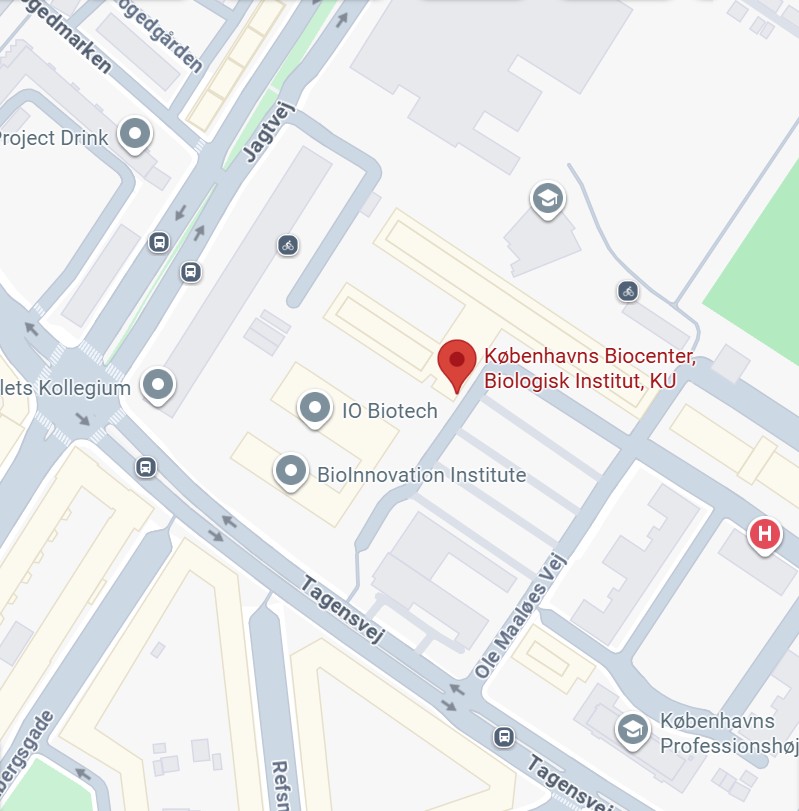
Attending the workshop is free, but registration is mandatory. Please use the link below to sign up for this event no later than October 2nd, 2025:
The organizing committee of WAVE comprises four women at BARC. Feel free to reach out to any of us with questions, concerns or feedback – we would be happy to get in touch!
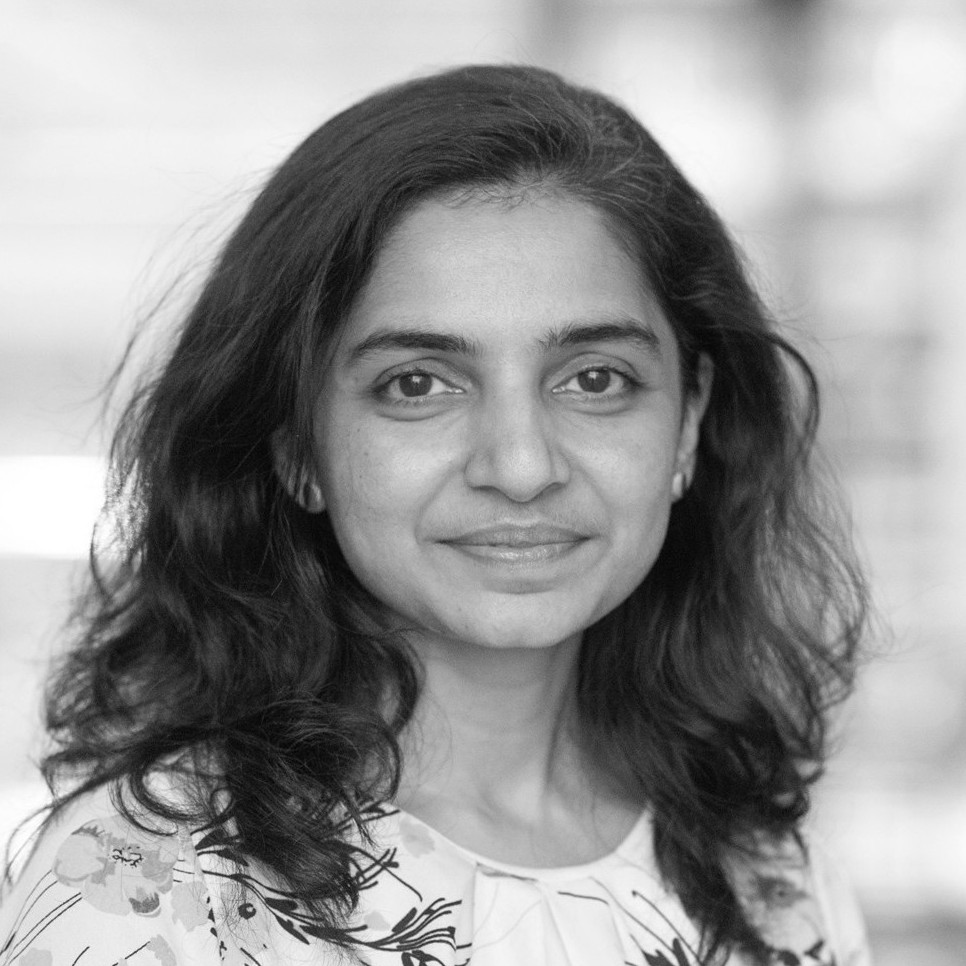 |
Nutan Limaye Professor at the IT University of Copenhagen, Theoretical Computer Science nuli@itu.dk |
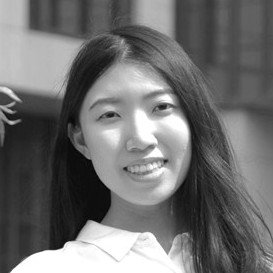 |
Hanzhi Wang Postdoc at the University of Copenhagen, Department of Computer Science hawa@di.ku.dk |
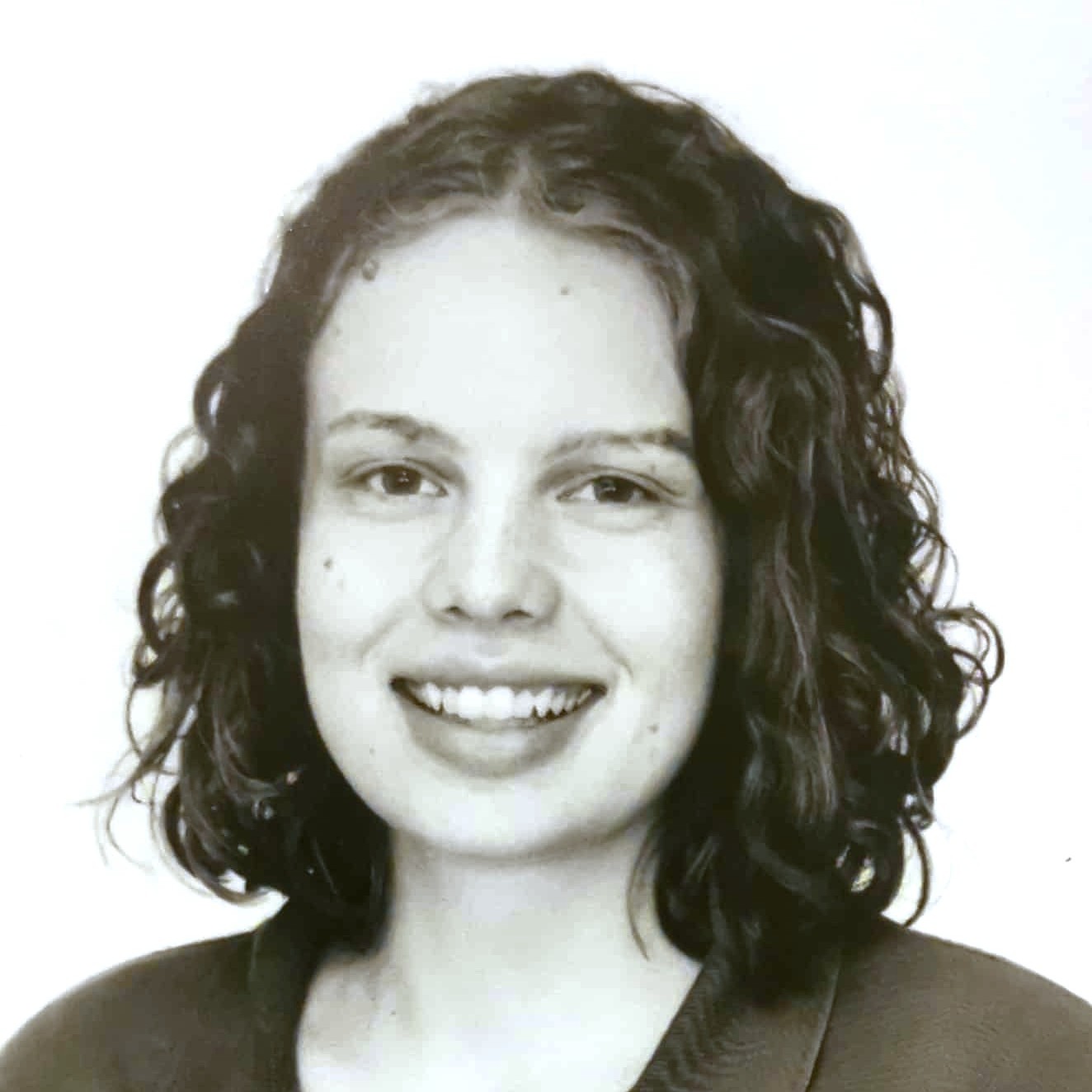 |
Sia Susanne Lykke Sejer PhD Student at the University of Copenhagen, Department of Computer Science sia.sejer@di.ku.dk |
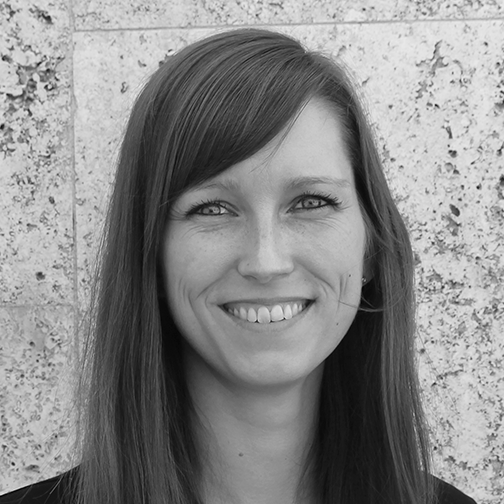 |
Anne Primdahl Kristensen Centre Administrator for BARC at the University of Copenhagen primdahl@di.ku.dk |
 |
 |
 |
Contact
Any questions about the WAVE workshop, please contact
Anne Primdahl Kristensen
BARC Centre Administrator
Phone +45 93 56 59 29
primdahl@di.ku.dk

